Venue:
Second Faculty of Medicine,
Charles University,
V Úvalu 84, Czechia
(THU) OCT 20, 2022
| 20. 10. | SMALL LEFT HALL (MLP) | SMALL RIGHT HALL (MPP) |
|---|---|---|
| 8.45-9.00 | Introduction | |
| 09.00–09.45 | IVA ŠMÍDOVÁ Women in Medicine |
PETER SÝKORA Biopolitics of COVID-19 Vaccination – The Slovak Case |
| 09.50–10.35 | BARBORA EAST, MONIKA ŠVORCOVÁ Women in Surgery, Parenthood, Reconciliation of Work and Family Life, Specifics of Surgery |
OKSANA KASHYNTSEVA Ethical and Legal Aspects of Vaccination of Persons Living with HIV in Ukraine |
| 10.35–11.05 | COFFEE BREAK | |
| 11.05–11.50 | IVA ŠMÍDOVÁ, TEREZA KOSOVÁ Obstetrics, Gynaecology, Hierarchy in Medicine |
FELICITAS HOLZER, IVETTE ORTIZ ALCÁNTARA Global Vaccine Justice: The Role of COVAX |
| 11.50–12.50 | LUNCH | |
| 12.50–13.35 | EVA WEGRZYN Sociocultural Dimensions of Sex and Gender |
JULIAN W. MÄRZ COVID-19 Vaccine Mandates in Europe – A Comparative Law and Policy Review |
| 13.40–14.25 | MARTIN GRAMC Human Rights-based Approaches to Medical Research on Intersex People's Issues (PART ONE) |
KATERYNA MOSKALENKO Mandatory COVID-19 Vaccination in Ukraine: Legal and Bioethical Challenges |
| 14.25–14.55 | COFFEE BREAK | |
| 14.55–15.40 | YESSICA MESTRE Human Rights-based Approaches to Medical Research on Intersex People's Issues (PART TWO) |
EKATERINA TIKHOMIROVA Mandatory Vaccination and Human Rights |
| 15.45–16.30 | ANDREA KINDLER-RÖHRBORN Sex and Gender in Health and Disease |
MARIA ROCIO FRANCH OVIEDO COVID-19 Vaccines and Children. Ethical Questions Regarding the Best Interests Principle |
| 16.30–16.45 | COFFEE BREAK | |
| 16.45–18.15 | PANEL DISCUSSION Vaccination #4001945 – slido.com |
|
(FRI) OCT 21, 2022
| 21. 10. | SMALL LEFT HALL (MLP) | SMALL RIGHT HALL (MPP) |
|---|---|---|
| 8.45-9.00 | Introduction | |
| 09.00–09.45 | ANETA STIERANKOVÁ Sexism in Medicine from a Legal Perspective |
TOMÁŠ DOLEŽAL Liability and Compensation for Vaccination-Related Injury |
| 09.50–10.35 | JANA ZÁRUBOVÁ, ŠÁRKA KÁŇOVÁ Women and Epilepsy |
TANIA MANRÍQUEZ ROA Is self-experimentation valuable for vaccine development in public health emergencies? |
| 10.35–11.05 | COFFEE BREAK | |
| 11.05–11.50 | NIKOLA BILLER ANDORNO Equal Opportunities for Women as Medical Leaders: The Program for Action of the University of Zurich |
GIOVANNI SPITALE Concerns Around Opposition to the Green Pass in Italy: Social Listening Analysis |
| 11.55–13.25 | PANEL DISCUSSION Women in Medicine #3377763 – slido.com |
|
| 13.25–13.40 | Conclusion Remarks & Evaluation | |
| 13.40–15.00 | GOODBYE SNACKS | |
The event is under patronage of the dean of Second Faculty of Medicine, Charles University,
prof. MUDr. Marek Babjuk, CSc.
Chairs
Chair of the Section "Women in Medicine": Barbora Straka
Academic and scientific personnel, Department of Paediatric Neurology, Second Faculty of Medicine, Charles University, Prague, Czech Republic
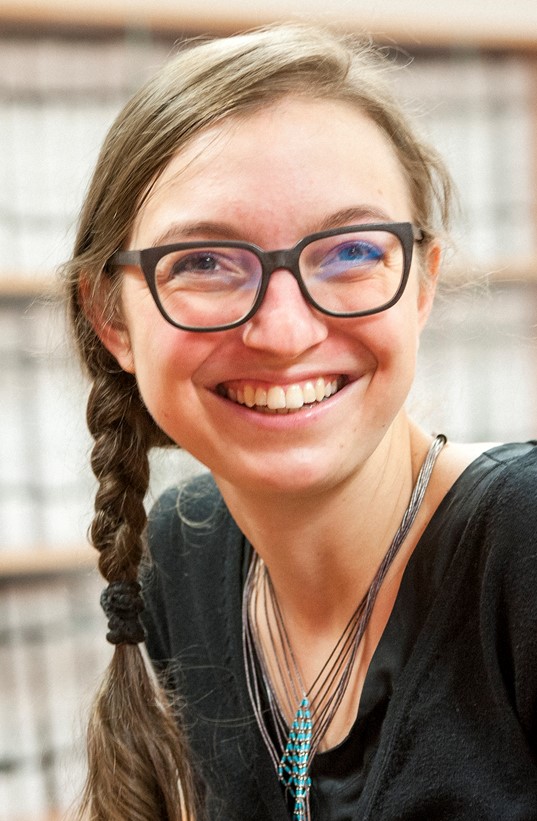
Barbora Straka is a researcher at the Neurogenetics laboratory of the Department of Paediatric Neurology Second Faculty of Medicine, Charles University and Motol University Hospital, Prague, Czech Rebublic and a lecturer at the Department of Medical Ethics and Humanities of the Second Faculty of Medicine, Charles University. In her research, she has focussed on genetic causes of malformations of cortical development and epilepsy and she has published multiple articles related to genetic testing in patients undergoing epilepsy surgery. After participating at the Sherwin B. Nuland Summer Institute in Bioethics organized by the Yale University, she became intensly interested in research ethics, feminist topics in medicine and care ethics.
Chair of the Section "Vaccination": Julian W. März
Research fellow, Institute of Biomedical Ethics and History of Medicine, University of Zürich, Zürich, Switzerland
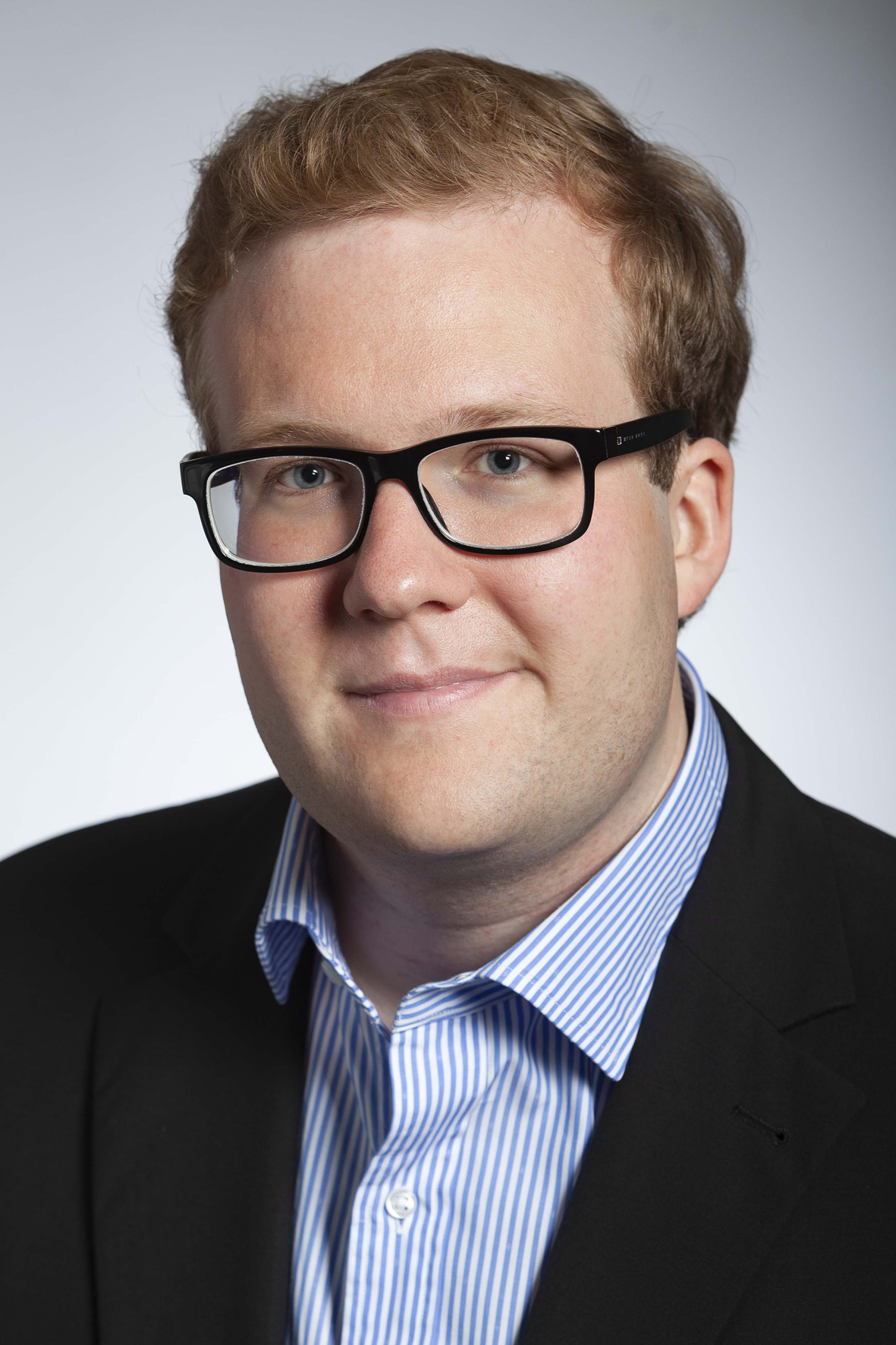
Dr. Julian W. März is a research fellow at the Institute of Biomedical Ethics and History of Medicine (IBME) of the University of Zurich. His background is in law, bioethics and medicine. He studied law with a specialisation in human rights law, international and comparative law, and economic law at the Institut d’études politiques (IEP) de Paris and at the Universities of Oxford and Munich. He holds a master’s degree from the IEP de Paris (2016) and a Doctorate in Law (Dr. iur.) from the University of Passau (2020). He is currently about to finish a PhD in Bioethics at the University of Zurich.
In parallel, he is in the last year of the German State Diploma and a Doctorate in Medicine (Dr. med.) at the German Cancer Research Center and the University of Regensburg (specialisms: medical genetics; immunology and infectious diseases; medical ethics and law). He has also worked as a research affiliate for the Centre for Law, Medicine and Life Sciences of the University of Cambridge and as an adjunct lecturer in health and human rights at the IEP de Paris.
Julian’s main research interests lie in the areas of Public Health Ethics & Law (with a focus on Epidemics Ethics & Law), Human Rights-Based Approaches to Health, and International and Comparative Health Law. His current research projects include “Ethical and Legal Aspects of COVID-19 Vaccine Mandates in the WHO Europe Region”, “Proportionality: A Guiding Principle in Public Health Law, Ethics and Policy in Times of Crisis”, “Economic Sanctions and the Human Right to Health”, “The Best Interests of the Child Principle and the Practice of Surrogacy in a Globalized World”, “Monkeypox, Stigma and Public Health” and “Migrant Health and Human Rights”.
Chair of the Prague School of Bioethics: Martin Zielina
Head of the Department of Medical Ethics and Humanities, Second Faculty of Medicine, Charles University, Prague, Czech Republic
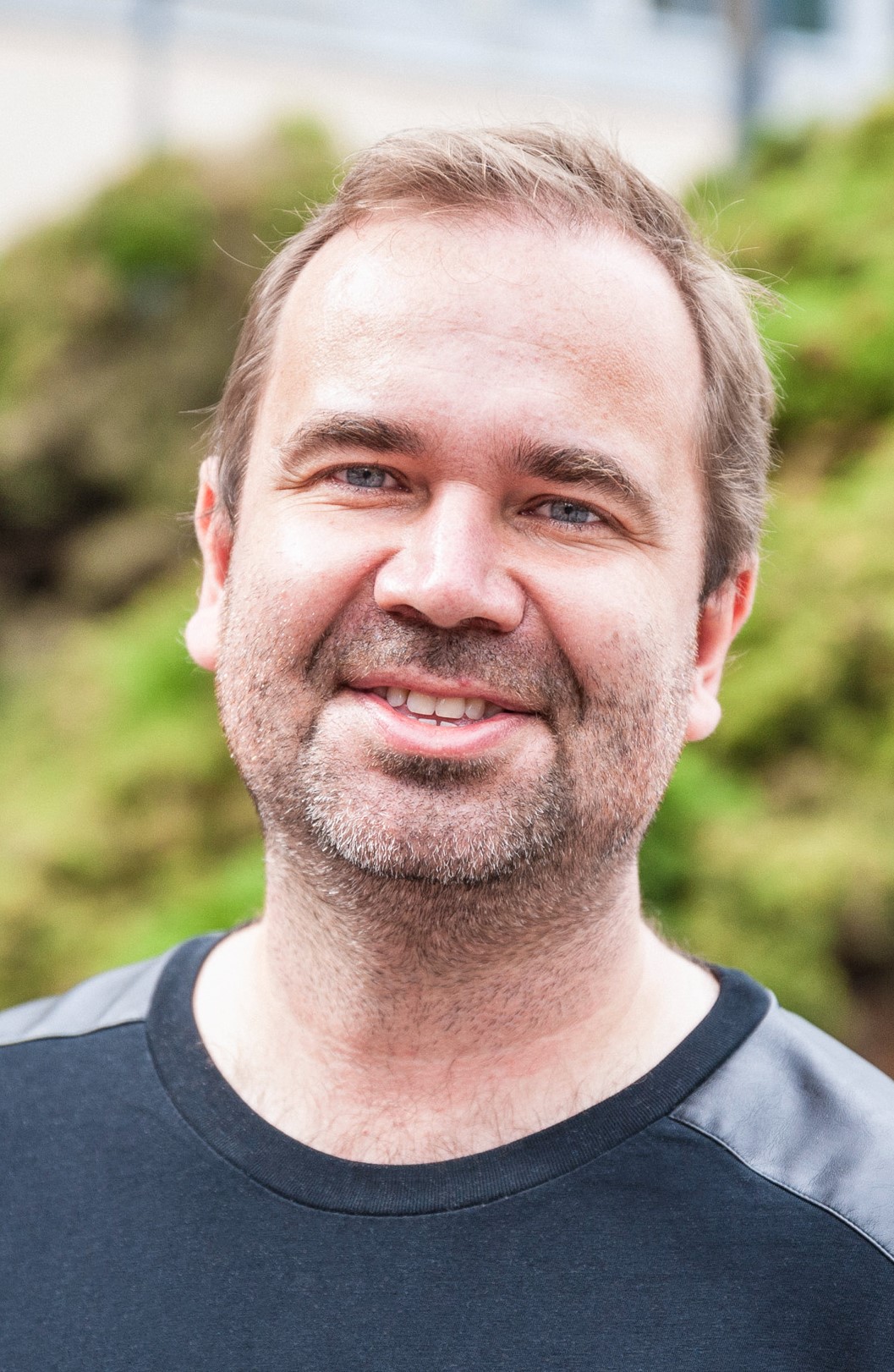
He specializes in bioethics, clinical psychology, cyberpsychology and sociology. He has experience in research projects involving experiments including their coordination (e.g. www.vrburns.eu). He is the founder of the Prague School of Bioethics.
Speakers
Iva Šmídová
Associate Professor at the Department of Sociology, Faculty of Social Studies, Masaryk University, Brno, Czech Republic
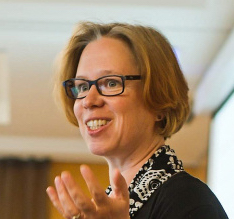
Iva Šmídová is a sociologist, an Associate Professor at the Department of Sociology, Faculty of Social Studies, Masaryk University, Brno, Czech Republic. She has worked in the field of gender studies since the early 1990s in both research and teaching. She is a founding member of the gender studies community at the department. She has been a coordinator and lecturer in multiple seminar series introducing sociology and gender studies to various audiences in and outside the academia, gender expert in multiple projects and national coordinator of gender related research and awareness raising in several international projects.
Her long-term research interests include critical studies on men and masculinities, sociology of health, illness and medicine, and bereavement studies.
More details, projects and publications are available here.
Peter Sýkora
Director of the Centre for Bioethics University of Sts. Cyril and Methodius in Trnava, Slovakia

Peter Sýkora studied microbiology and genetics at the Faculty of Science, Charles University in Prague, and for two decades he engaged in biomedical research. The results are published, for example, in Plasmid, Am. J. of The Medical Sciences, J. Bacteriol., J. Theor. Biol. Since the mid-1990s, he has also been more involved in bioethics. In 1997 he became an associate professor at Comenius University in Bratislava and in 2009 a professor of philosophy at Masaryk University in Brno.
He worked as a researcher (University of Glasgow, University of Massachusetts) or visiting professor (Emory University, King´s College, National University of Singapore). He deals with ethical aspects of biomedical donation ( M. Steinmann, P. Sykora and U. Wiesing, eds. Altruism reconsidered: exploring new approaches to property in human tissue, Ashgate 2009), usability of embryonic stem cells (A Tale of Two Countries: Czech and Slovak Stem Cell Biopolicies. In: Contested Cells. World Scientific-Imperial College Press 2010) and gene editing in humans (Germline gene therapy in the era of precise genome editing: How far should we go? In: The Ethics of Reproductive Genetic, Marta Soniewicka (ed.), Springer 2018). He is a member of the National Ethics Committee at the Ministry of Health, Slovakia.
Barbora East
Medical doctor, Department of Surgery, First Faculty of Medicine, Charles University, Prague, Czech Republic
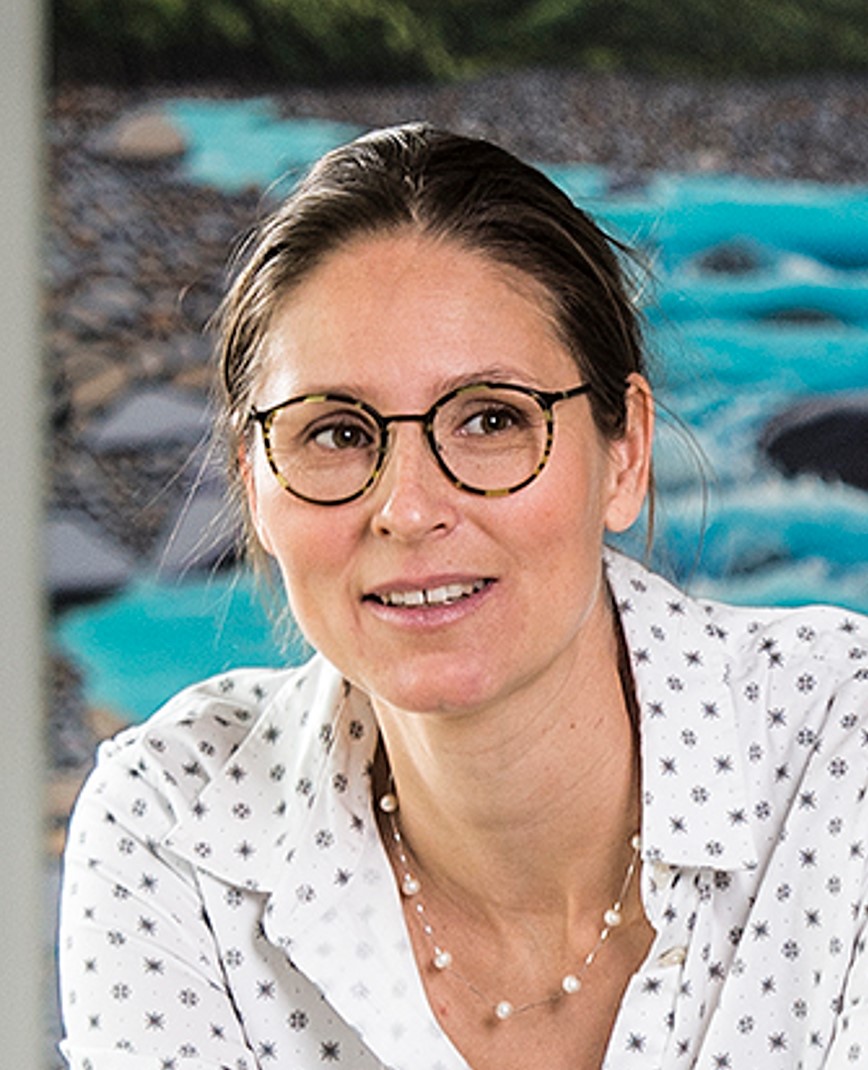
As a three-year old, she made a promise to her grandmother one day to become a doctor - and she never looked back. A mother of two sons, a wife of an islander who wears flip-flops all year long, she is an academic, a scientist and a doctor sought after by people who need a complicated surgical reconstruction of the abdominal wall, giving talks all over the world. During her, rather short, career, she managed to reform the surgical society of the European level into an institution with a gender equality plan on its website, publicly supporting diversity in its ranks. Oftentimes, she feels one step away from a fall down the abyss but then she gets a little sleep and somehow things get back on track. Because everything is possible if you really want.
Monika Švorcová
Academic and scientific personnel, Second Faculty of Medicine, Charles University, Prague, Czech Republic
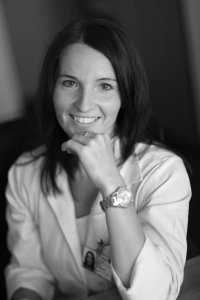
I am a general, thoracic and transplant surgeon. I am working on my postdoctoral study, concerning Torgue Teno Virus and its monitoring in lung transplant recipients. My life motto is to create my life to be meaningful because courage means feeling the fear but doing it anyway. In December 2021 "we" (as women in surgery) established a group of women in surgery and we try to promote surgery for medical students, young surgeons and discuss its difficulties with women in other surgical fields and lead the reunions with the board of Czech Surgical Society. It is a pleasure to discuss all of these and other issues at the Prague School of Bioethics Women in Medicine section.
Oksana Kashyntseva
Head of the Center for Harmonization of Human Rights, head of Department of IP Law and Human Rights in Public Health, Scientific and Research Institute of IP, Ukrainian National Academy of Legal Sciences, Kyiv, Ukraine
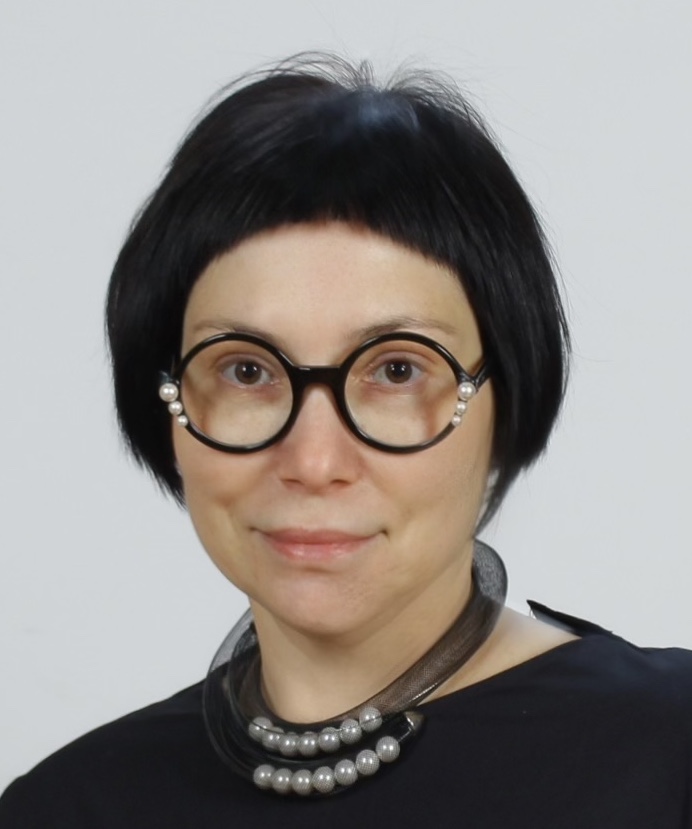
Oksana Kashyntseva is a visiting scholar in the URPP Human Reproduction Reloaded | H2R, sub-project 1 Normativity of Human Reproduction at the University of Zurich. Oksana is PhD in Law and Associate Professor. She is head of the Center for Harmonization of Human Rights and is a head of Department of IP Law and Human Rights in Public Health of the Scientific and Research Institute of IP at the Ukrainian National Academy of Legal Sciences. She is also an Attorney-at-Law, coordinator of Platform of Fight for Health of PLWHIV and serves as a national consultant for the United Nations’ Development Programme in the sphere of HIV in Ukraine and for the several Projects of WHO Country Office of Ukraine.
She is also a member of several working groups of Ministry of Health of Ukraine, Ministry of Economic Development of Ukraine and of the Committee on Public Health, Medical Assistance and Medical Insurance of the Parliament of Ukraine.
Oksana's research interests include protection of rights of people living with HIV, intellectual property and access to medicines, reproductive rights of LGBT+ persons, the rights of children conceived through assisted reproductive technologies after the death of one of the parents (postmortem conception), intellectual property rights and bioethical standards in healthcare.
Oksana is a member of Bioethics Committee of National Academy of Sciences of Ukraine and member of European Association of Health Law.
Tereza Kosová
Clinical head of the Department of Gynecology, Third Faculty of Medicine of Charles University, Prague, Czech Republic
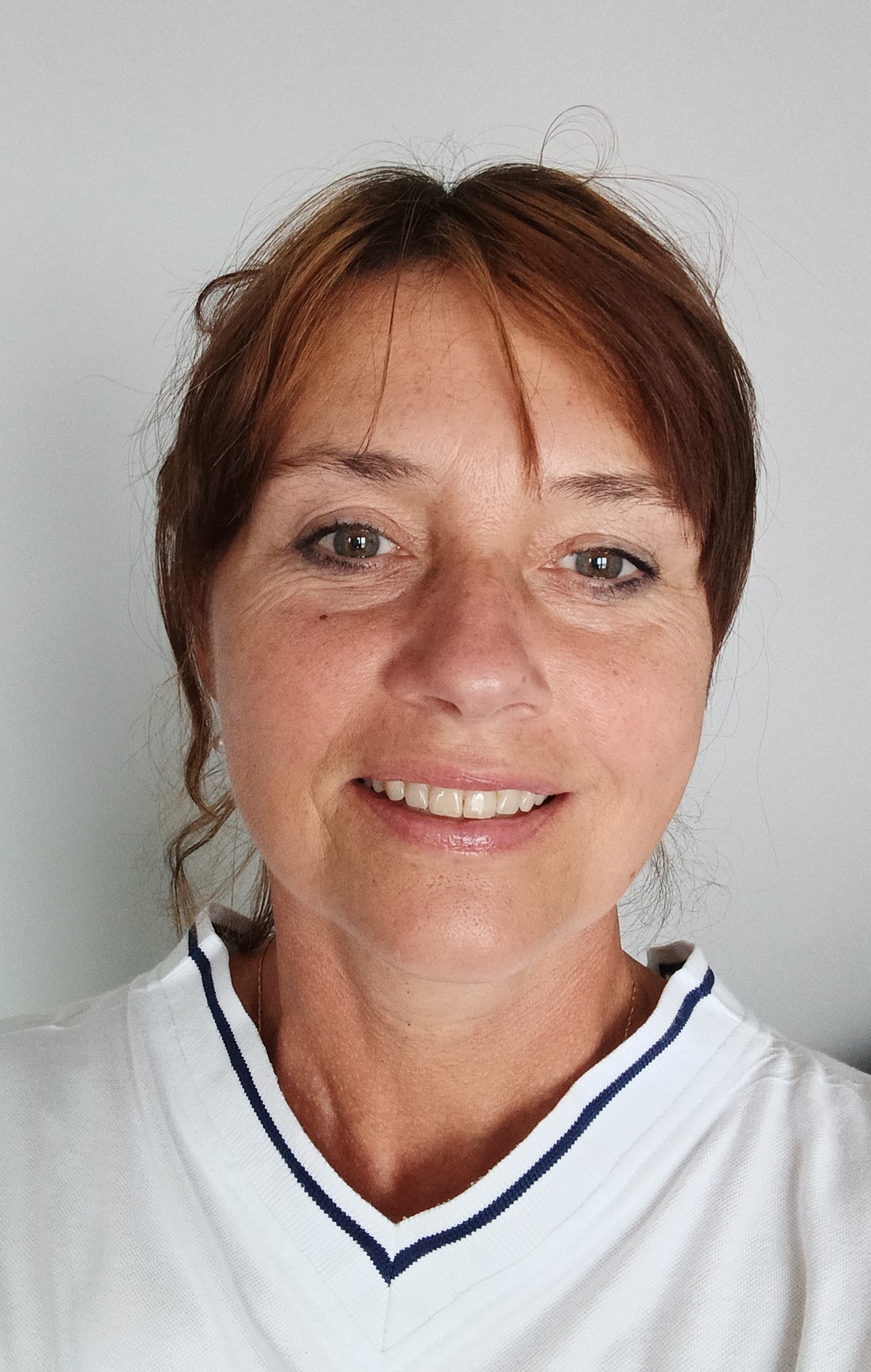
Tereza Kosová graduated from the 2nd Faculty of Medicine, Charles University, Prague, Czech Republic. After graduation, she did an internship at the Bethesda Naval Hospital, US. For many years, her professional interests focussed mainly on obstetrics and she participated in discussions and projects dedicated to a human-centric obstetrics. She worked as a head of the obstetrics section of an obstetrics-gynecology department and later as a doctor in a center for assisted reproduction. Currently, she is the clinical head of the Department of Gynecology 3rd Faculty of Medicine of Charles University and Military University Hospital Prague and she teaches at the 3rd Faculty of Medicine of Charles University, Prague, Czech Republic.
Felicitas Holzer
Postdoctoral fellow, Institute of Biomedical Ethics and History of Medicine, University of Zürich, Zürich, Switzerland
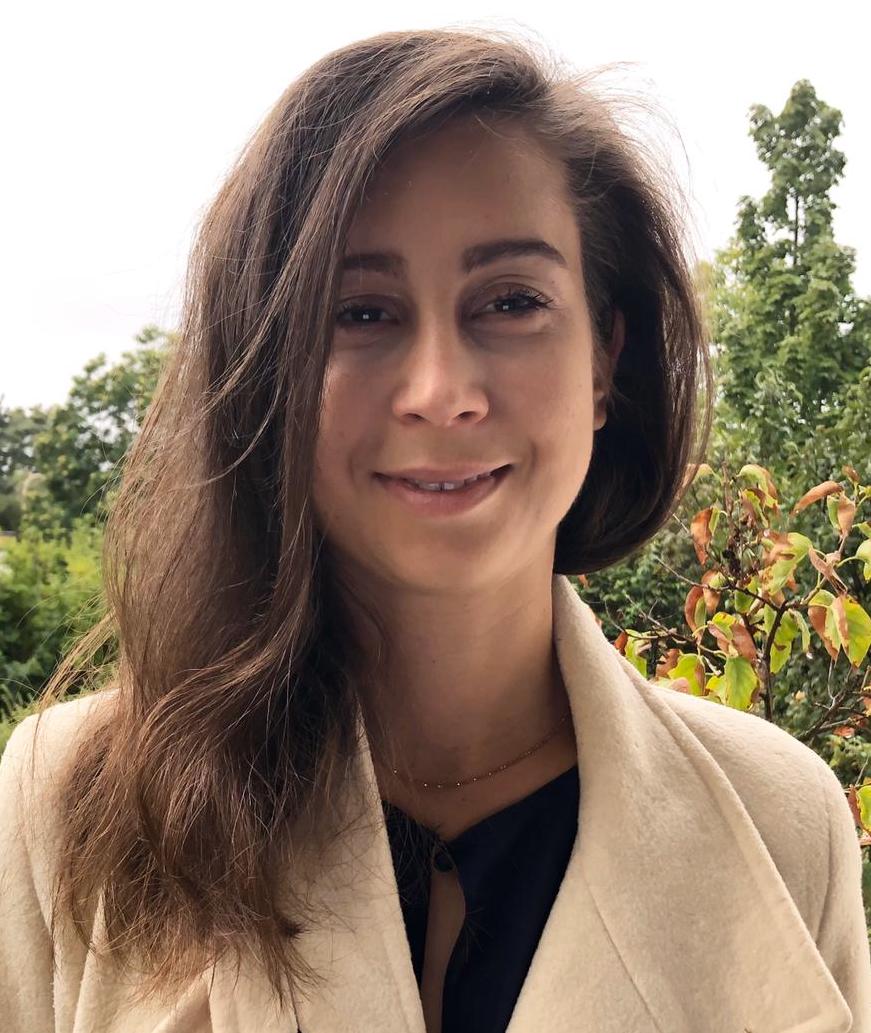
Felicitas Holzer holds a master’s degree in history and philosophy of science from the University of Cambridge and a doctorate in political philosophy with a focus on global justice from Sorbonne University. Trained as a philosopher (BA, MPhil, PhD), economist (BSc) and bioethicist (MPhil), her research interests include topics at the intersection of bioethics, socio-economic justice, and political philosophy as well as philosophy of science. Felicitas holds several awards and scholarships from the German Academic Exchange Service (DAAD), the National Research Council of Argentina (CONICET), the Brocher foundation (Switzerland) and the MTZ foundation (Germany).
She is affiliated with the program of bioethics at FLACSO Argentina, a WHO collaborating centre, and member of the editorial board of the journal “Development World Bioethics”. She also gained interdisciplinary and international experience during research and work stays abroad at the Hastings Center and the Yale Interdisciplinary Center for Bioethics (USA), the World Health Organization (internship, Switzerland), and as a member of the UK-Latin American Network of Political Philosophy (Argentina and Mexico). She recently worked as a policy assistant at the Directorate-General for International Partnerships (DG INTPA) of the European Commission in Brussels (Belgium).
Eva Wegrzyn
Research Associate, Essen College of Gender research, Essen, Germany
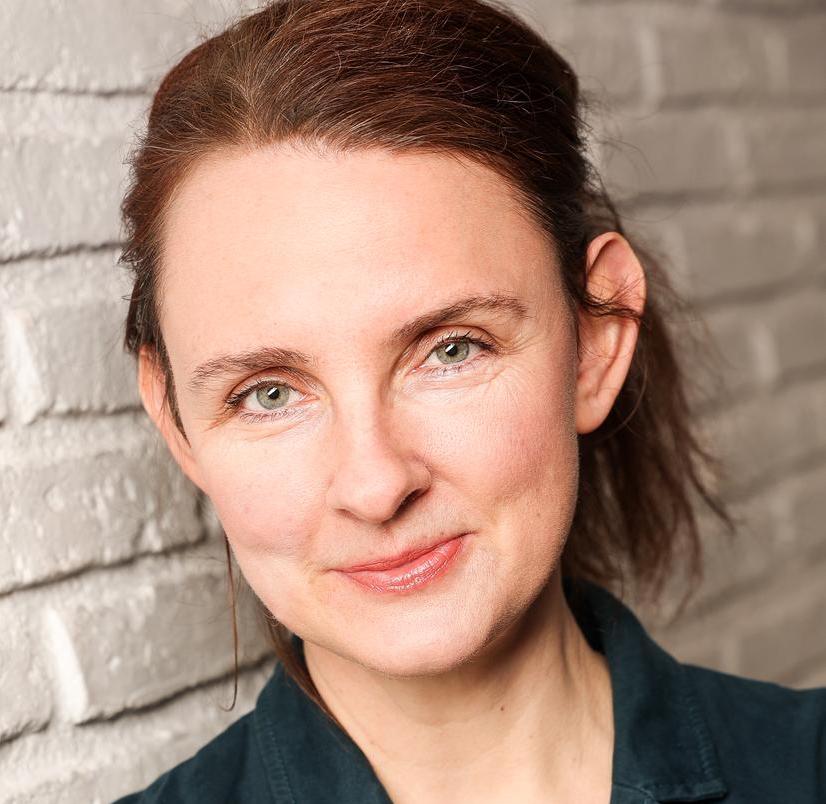
Eva Wegrzyn is a research associate at the Essen College of Gender research. She was part of the joint research project "Health Literary in Childhood and Adolescence." She develops and conducts seminars on the integration of an intersectional gender perspective into research content in biomedical research and gender medicine. Furthermore she works on the relation between ascriptions of excellence, visibility, and gender in academia.
Martin Gramc
PhD Student, Institute of Biomedical Ethics and History of Medicine, University of Zürich, Zürich, Switzerland
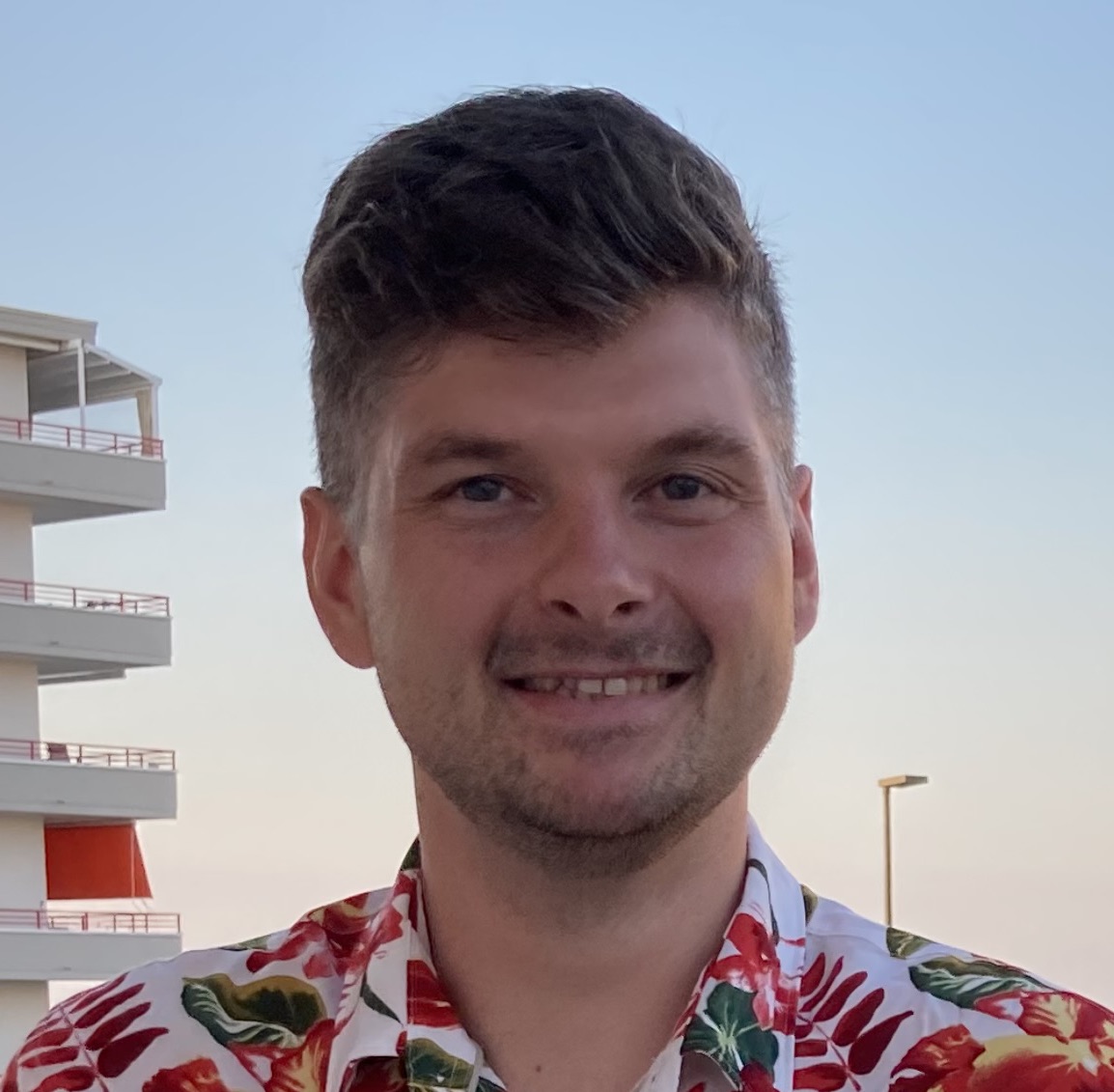
Martin Gramc is a researcher in gender studies, bioethics, intersex and transgender studies and political philosophy. They received BA in journalism and MA in gender studies at the University of Ljubljana. Currently they are conducting PhD in bioethics at the University of Zürich. Martin is part of the INIA project supported by the Horizon 2020 project scheme (European Commission) and recipient of Marie Skłodowska-Curie Scholarship. Before joining the Institute for Biomedical Ethics and the History of Medicine (University of Zürich) Martin worked as research assistant for the Liverpool John Moores, University, University of Ljubljana, and Peace Institute (Slovenia).
Yessica Maria Mestre Martinez
Postgraduate fellow, Institute of Biomedical Ethics and History of Medicine, University of Zürich, Zürich, Switzerland; Andalusian School of Public Health, Granada, Spain; the University of Granada, Granada, Spain
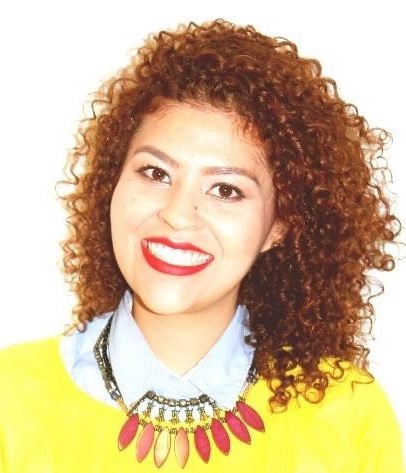
Yessica Maria Mestre Martinez is a lawyer and policy maker from Colombia with a specialization in International Criminal Law and a MA in International Relations from Hungary. Within the last six years she has worked with NGOs and governmental institutions in the development of public policies and human rights frameworks for population minorities, such as indigenous people, and LGBTIQ people. Currently, she is part of the INIA Programme (Intersex Interdisciplinary Approaches) with a research focus on Human rights-based practices in Research and depathologization principles for intersex studies. This topic is also part of her PhD research.
Kateryna Moskalenko
Associate professor, Taras Shevchenko National University of Kyiv, Kyiv, Ukraine
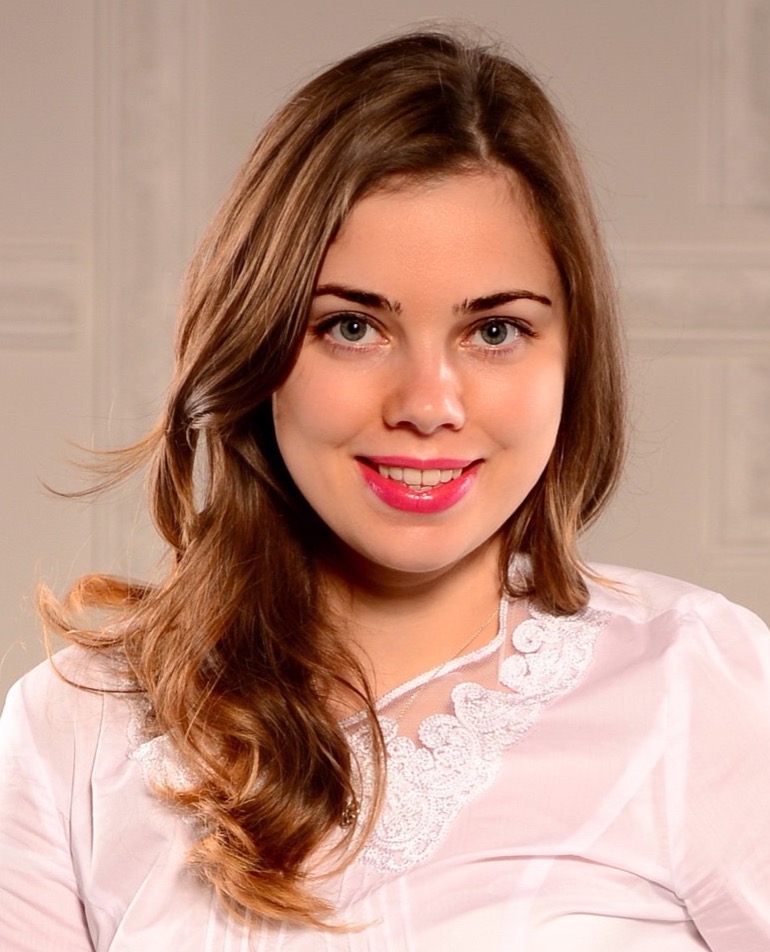
Dr. Kateryna Moskalenko is an associate professor at Taras Shevchenko National University of Kyiv and is a visiting scholar at “Human Reproduction Reloaded” project of the University of Zurich. Her background is law, bioethics and intellectual property. She studied law with a specialization in civil law at Taras Shevchenko National University of Kyiv and intellectual property in Institute of Intellectual Property of National University “Odessa Legal Academy” in Kyiv. She holds PhD degree in Civil Law at Taras Shevchenko National University of Kyiv. She also works as associate at law and is a legal advisor to media companies and NGOs in Ukraine. Kateryna is currently writing her habilition thesis, dedicated to reproductive rights.
Kateryna`s main research interests lie in the areas of Reproductive Law, Healthcare Law, Civil Law, Alternative Dispute Resolution.
Andrea Kindler-Röhrborn
Specialist for pathology, Institute of Pathology, University Hospital Essen, Essen, Germany
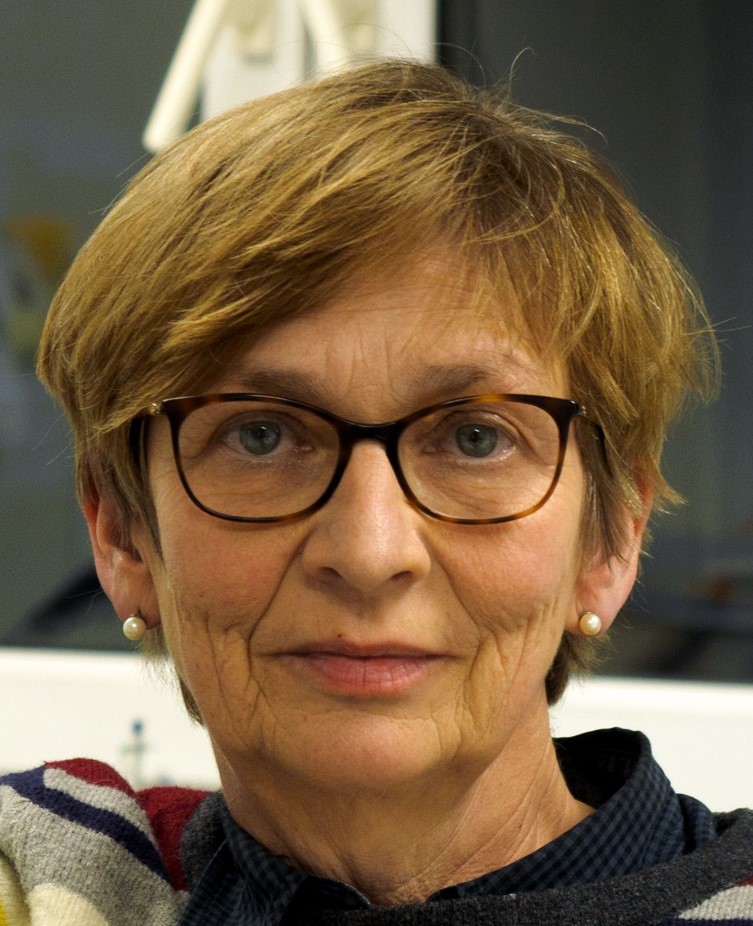
I studied medicine in Münster and Göttingen, Germany. After graduation I went into basic cancer research working in the Institute of Cell Biology Essen, Germany. My interest focussed on cellular determinants enabling malignant transformation. I was then accepted as a visiting fellow at the Ludwig Institute for Cancer Research, San Diego specialising in cancer genetics. After returning to Germany I started to work on the genetic basis of cancer susceptibility and resistance using model organisms in Essen and later in the Institute of Neuropathology in Bonn. We discovered that different gene variants determine cancer risk in males and females.
My research is now based in the Institute of Pathology in Esen, Germany and focusses on genetics and molecular pathophysiology of sex differences regarding cancer risk. Further work includes implementation of sex and gender into medical curricula and research projects elicited on campus.
Ivette Ortiz Alcántara
PhD Student, Institute of Biomedical Ethics and History of Medicine, University of Zürich, Zürich, Switzerland

Graduated in 2009 as Medical Surgeon from the Faculty of Medicine of the National Autonomous University of Mexico, she has two medical specializations, the first in Pharmaceutical Medicine from the National Polytechnic Institute of Mexico and the second in Anesthesiology from the Autonomous University of Yucatan. She completed her master’s degree in Bioethics studies at the Anahuac University in Mexico City while working at the Nacional Bioethics Commission of the Mexican Ministry of Health as a deputy director of Research Ethics Committees, coordinating the National Register of this Committees.
She has worked as an anesthesiologist in different hospitals in Mexico City an in the State of Guerrero, she belongs to the Mexican College of Anesthesiology in which it work to promote the Bioethics issues. In 2021 she started her PhD at the Institute of Biomedical Ethics and History of Medicine at the University of Zurich. The aim of her PhD project is Allocation of Scarce Resources in Health.
Aneta Stieranková
Lawyer, self-employed, Prague, Czech Republic
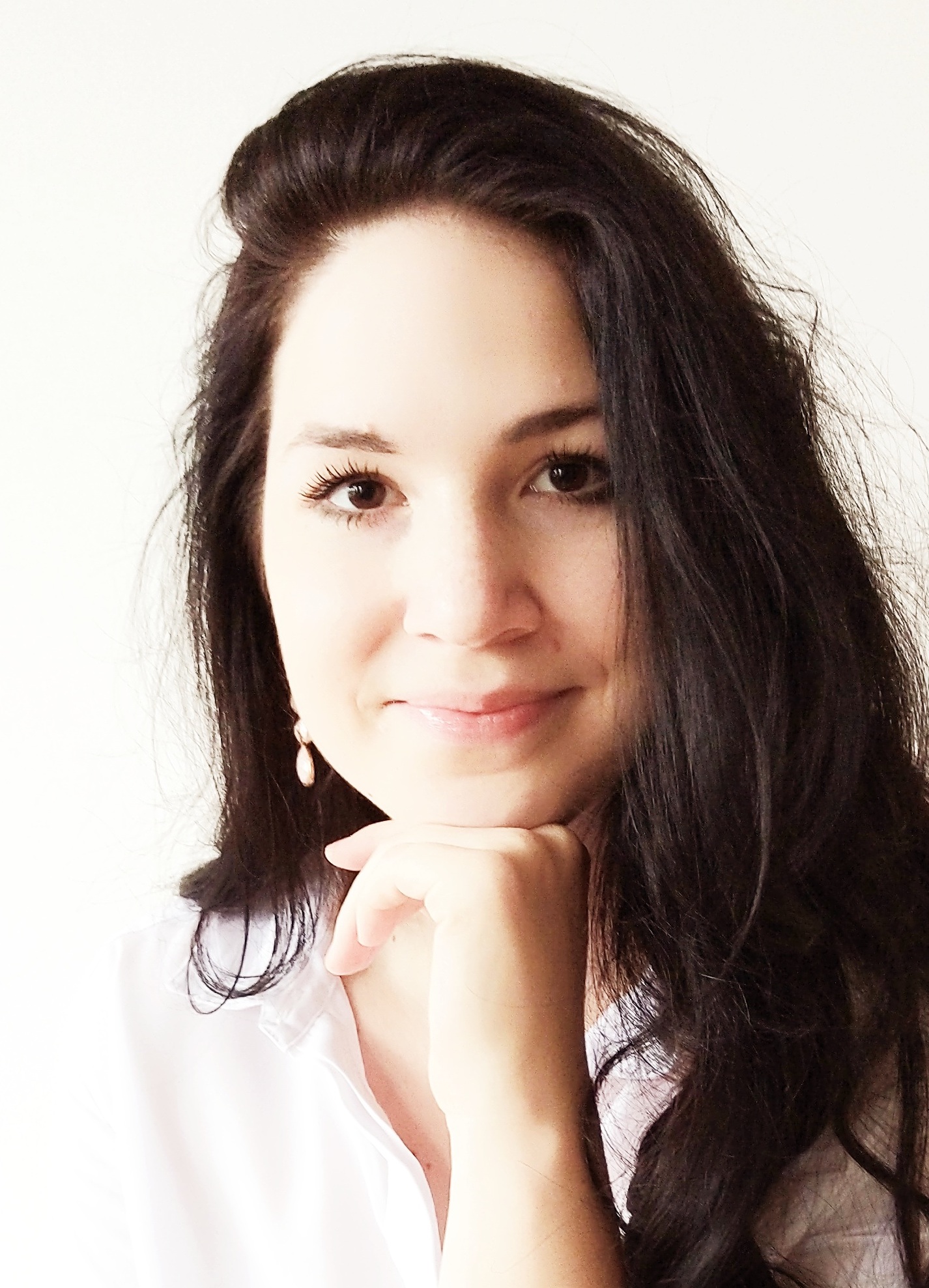
Aneta is a lawyer who specializes in medical law. She studied at the Faculty of Law of Charles University, where she received her Master's degree in 2019 and her Doctor of Laws degree in 2020. As a third-year student, she won the national competition in medical law for the Professor Jaroslav Stránský Award which dealt with the legal and ethical aspects of euthanasia. During her studies, she also took courses in bioethics at Harvard University and Georgetown University. Currently, she primarily represents physicians in civil and criminal litigation but is also interested in their work environments and the related issues of discrimination and sexism.
Tomáš Doležal
Head of the Department of Civil Law, Head of the Research Unit for Medical Law and Bioethics, Institute of State and Law, Academy of Sciences of the Czech Republic, Prague, Czechia

Ass. Prof. JUDr. Tomáš Doležal, Ph.D., LL.M., is a leading legal scholar in medical and civil law. He is Head of the Department of Civil Law and Head of the Research Unit for Medical Law and Bioethics at the Institute of State and Law, Academy of Sciences of the Czech Republic, and lecturer at the Institute of Medical Law and Public Health, Faculty of Medicine. He is a Bureau member of the Council of Europe Steering Committee for Human Rights in the fields of Biomedicine and Health (CDBIO) and Head of the Czech Unit of UNESCO International Network in Bioethics. He collaborates with the Association of General Practitioners, especially during public consultations on medical legislation.
He is the author of many publications, including the monographs The Doctor-Patient Relationship in Private Law, Protection of patients' rights, and Causation the Civil Law.
Jana Zárubová
Academic and scientific personnel, Second Faculty of Medicine, Charles University, Prague, Czech Republic
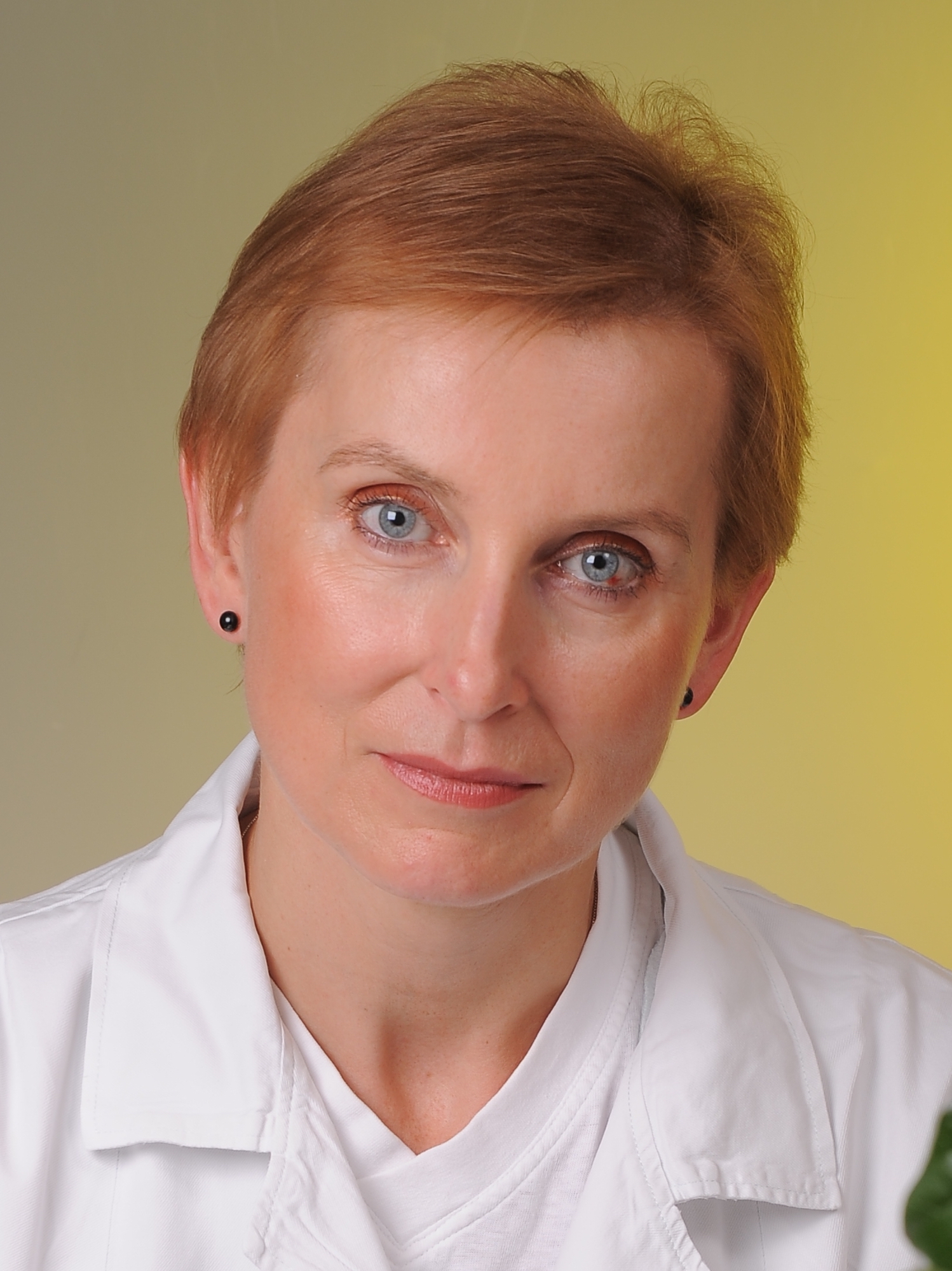
Jana Zárubová's professional interests are Epileptology (especially issues of women with epilepsy, genetic in epilepsies of adult, refractory epilepsy, epilepsy in people with multiple disabilities), clinical neurophysiology (electroencephalography), International register of pregnancies with epilepsy and/or with antiepileptics, and she is a national coordinator at EURAP.
Šárka Káňová
Head of the Special and Inclusive Education Unit, Department of Education, School of Education, University of West Bohemia, Pilsen, Czech Republic

Šárka Káňová, PhD. (*1978) is a researcher, senior lecturer and head of the Special and Inclusive Education Unit within the Department of Education, School of Education, University of West Bohemia in Pilsen, Czechia. In 2018 – 2019 she completed a long – term research mobility programme at the University of Kent, Tizard Centre, a forefront research centre in autism, intellectual disability and community care in Great Britain and worldwide. Her research interests include mapping the life courses of people with disabilities and exploring the possibilities of fulfilling the roles associated with being active citizens.
She recently stands for a principal researcher of the Czech Research Foundation Junior Research project and she cooperates with ICI Research Center at University of Minnesota on another Czech Research Foundation funded project focused on transition of young adults with Intellectual Disabilities from school to adulthood. She raises twelve-year-old twin girls Anna and Hana. Last but not least she lives with but is not determined by a lifelong medical condition of focal epilepsy.
She has extensive experience from the third sector, from organisations focused on working for / with or defending the rights of people with disabilities in the Czech Republic (Diaconia of the Evangelical Church of Czech Brethren, National Board of People with disabilities, Inclusion Czech Republic, z.s, Epistop and Society for Intellectual and Developmental Disabilities Studies in the Czech Republic) and abroad (Lions Club International, Work Inc., IASSID), as well as from the regional (NUTS III) level, she established the Kačaba Café and Teahouse, which she later transformed with the support of NESST (Non profit Self Sustainability Team Ngo) into the social enterprise CafeRestaurant Kačaba situated in Pilsen.
Tania Manríquez Roa
PhD Student, Institute of Biomedical Ethics and History of Medicine, University of Zürich, Zürich, Switzerland
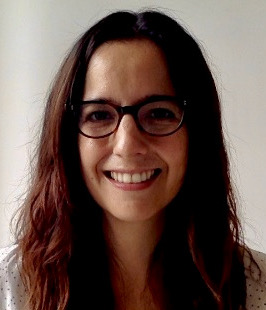
Tania Manríquez Roa is an ethicist and qualitative researcher working in the field of global health. She holds a BA in Social Anthropology (University of Chile), an MA in Global Ethics (King’s College London) and is conducting her PhD in Bioethics (University of Zurich). She is part of the Excellence Program and a member of the Ethics Community, both at the Digital Society Initiative (University of Zurich). Her research project focuses on moral discussions on equity and trust in global health.
She is currently developing a project on self-experimentation in public health emergencies. Previously, she addressed the potential benefits and risks to individual and public mental health brought by apps based on black box algorithms. She also conducted research on the main ethical discussions and policy challenges in the implementation of COVAX, the global mechanism to enable equitable access to vaccines in the COVID-19 pandemic
She coordinates the Forum for Global Health Ethics (University of Zurich), a community of students, researchers, healthcare professionals, policymakers, and the wider public. The Forum organises webinars and shares publications on issues that pose ethical challenges in global health.
Tania has worked as a consultant conducting policy analysis and applying qualitative methods in projects for the World Health Organization, UNICEF, the European Commission, the World Wildlife Fund, and the Center for Development and Cooperation (ETH Zurich). She has conducted fieldwork in Chile, Mexico, Mozambique, and Switzerland.
Nikola Biller-Andorno
Director of the Institute of Biomedical Ethics and History of Medicine, University of Zurich, Switzerland
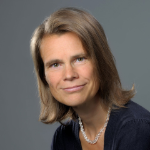
Prof. Dr. med. Dr. phil. Nikola Biller-Andorno directs the Institute of Biomedical Ethics and History of Medicine, University of Zurich, Switzerland, which serves as WHO Collaborating Centre for Bioethics. She co-leads the PhD program “Biomedical Ethics and Law” and serves as Vice-President of the Clinical Ethics Committee of the University Hospital Zurich. She is also a member of the Research Ethics Committee of the Federal Institute of Technology Zurich, and an expert advisor to the Swiss Medical Board, an HTA agency providing clinical and cost effectiveness analyses of diagnostic and therapeutic interventions. From 2009 to 2011 she acted as President of the International Association of Bioethics.
She has been a Commonwealth Fund Harkness Fellow (2012-13), a Safra Network Fellow (2013-14) and a Visiting Professor of Biomedical Ethics (2012-14) at Harvard University. In 2016, she was elected as Fellow of the Collegium Helveticum, an Institute of Advanced Study sponsored by the University of Zurich, the Federal Institute of Technology Zurich, and the Zurich University of the Arts. In 2018, she obtained an additional qualification in Health Business Administration (MHBA).
Giovanni Spitale
Research Assistant, Institute of Biomedical Ethics and History of Medicine, University of Zurich, Switzerland
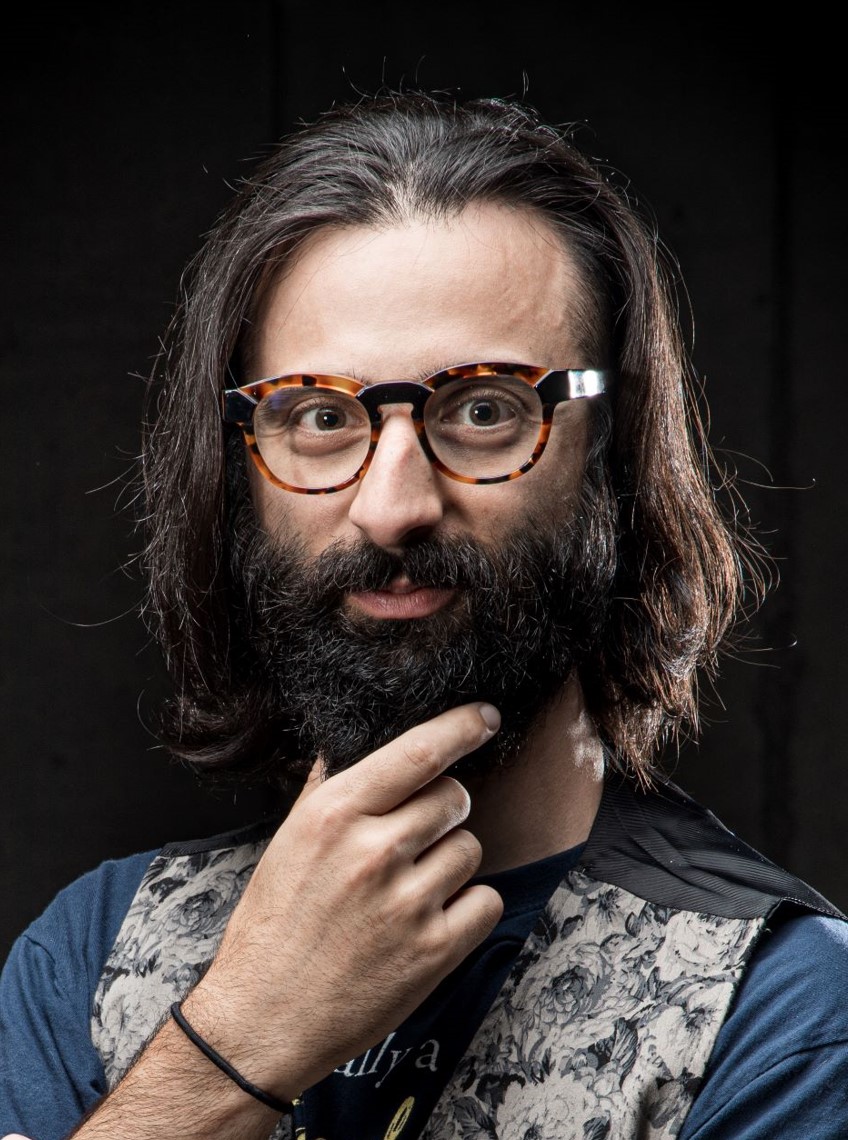
Giovanni Spitale just finished his PhD in Medical Sciences at the Institute of Biomedical Ethics and History of Medicine, University of Zurich, with a dissertation on mapping and understanding ethical dilemmas emerged during the COVID-19 pandemic. His research interests revolve around public health ethics, ethics of risk and crisis communication, and quality improvement in healthcare. Methodologically he likes to dip in multiple bowls, combining natural language processing, computational linguistics, qualitative research, and philosophical analysis into mixed methods approaches.
He is currently working on different projects about empowering the public in partaking public health ethics discourse. His current favourite free-time side project is Ethics500, a semantic network map that shows what ethics is about and where it is going.
Maria Rocio Franch Oviedo
Researcher, University of Zurich, Switzerland
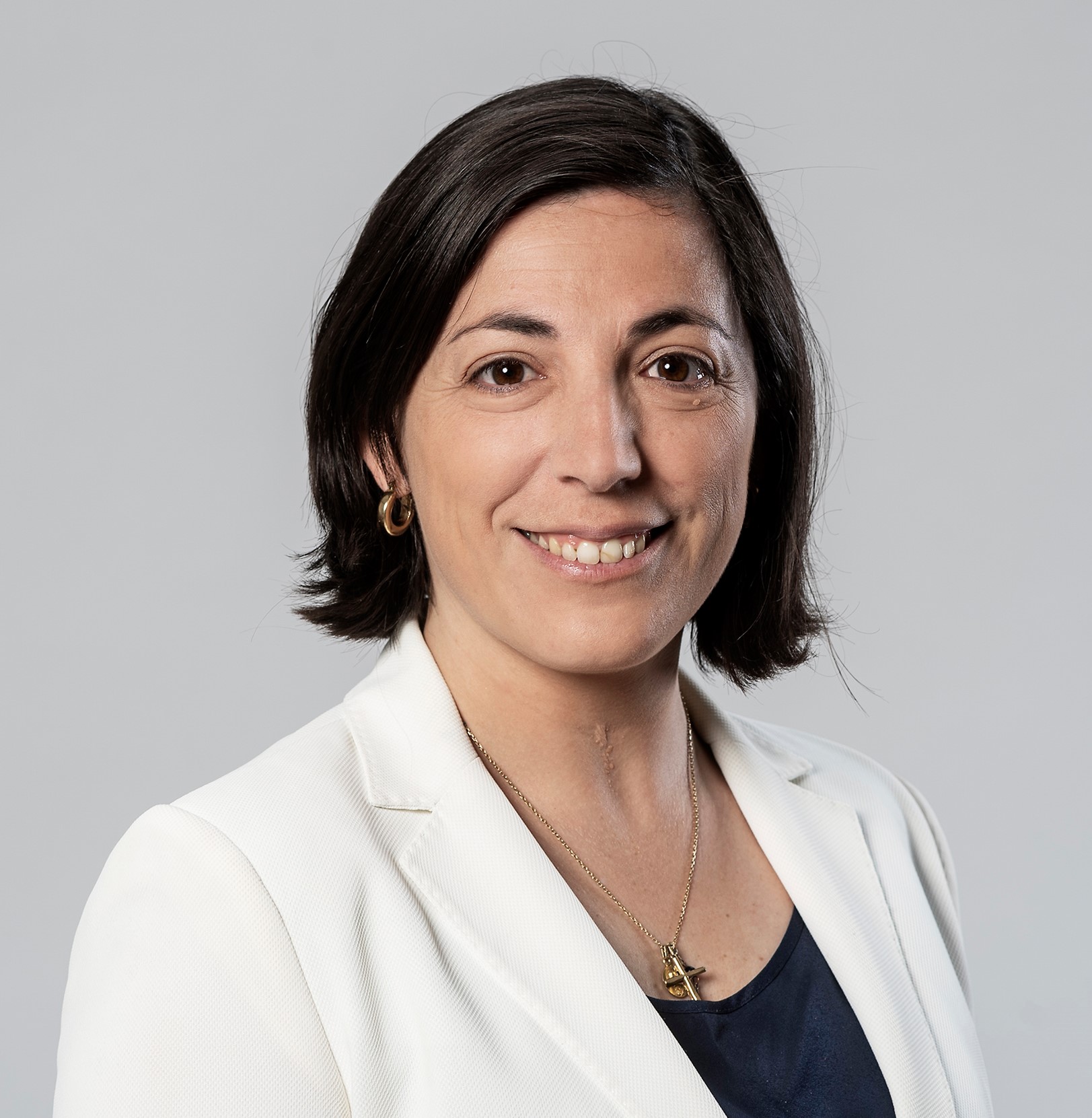
Maria Franch, is currently a PhD student at the Institute of Law at the University of Zurich. As a MA in Law and Journalism (Madrid) as well as MA in Social Communications (Rome) her thesis is focused on the role of the media in the transformation of the best interests of the child. After her graduation in Law and Journalism, she worked as a correspondent in Rome for Spanish radios and agencies. Currently, her research is focused on the bioethical and social questions regarding the status of the child and her or his best interests in the European context.
Do you need more information about this event? You can ask directly Mgr. et Mgr. Martin Zielina, Ph.D.
Copyright © 2019- Ing. Jakub Jirák & Bc. Jakub Jančík